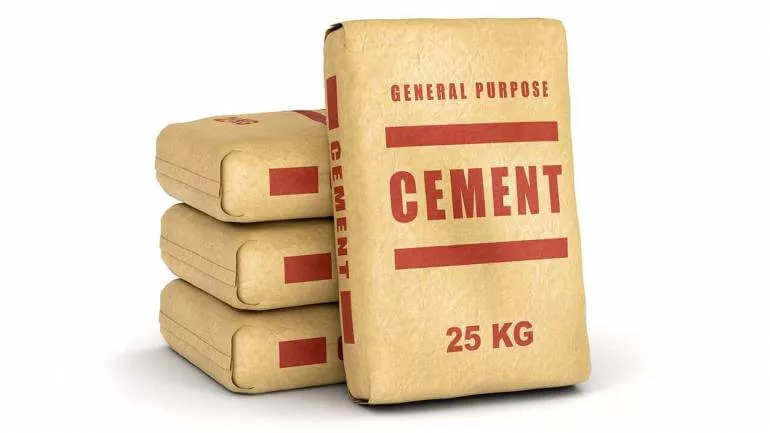
As Nigerians hope for a reduction in cement prices amidst recent decreases in other commodity costs, the persistently high price of cement continues to impact the real estate sector and individuals planning to build homes.
Here are the factors contributing to the elevated prices of cement in Nigeria and the current prices of various cement brands:
Production Costs: The cost of producing cement remains high due to energy and raw material prices. Energy-intensive manufacturing processes, coupled with fluctuating power supply, result in increased operational costs passed on to consumers.
Transportation Costs: Logistical challenges in transporting cement from manufacturing plants to various parts of the country add to costs, especially during the rainy season when transportation becomes more difficult.
Import Restrictions: Import restrictions on cement and clinker aim to promote local production but can lead to supply shortages and higher prices when local production falls short of demand.
High Demand: Rising demand due to rapid urbanization and population growth, coupled with infrastructure projects, strains the demand-supply balance, pushing prices up.
Market Oligopoly: Dominance by a few major players in the cement market allows them to influence pricing, leading to higher prices that reflect their market power.
Dangote Cement: Between ₦7,500 to ₦7,700 per 50kg bag, depending on location.
BUA Cement: Ranges from ₦7,950 to ₦9,000.
Ibeto Cement: Priced between ₦8,500 to ₦10,000.
Lafarge Cement: Between ₦8,500 to ₦9,500.
UNICEM Cement: Ranges from ₦8,000 to ₦9,000, location-dependent.
POP Cement: Priced around ₦8,500.
These prices reflect the current market conditions and may vary based on location and other factors.

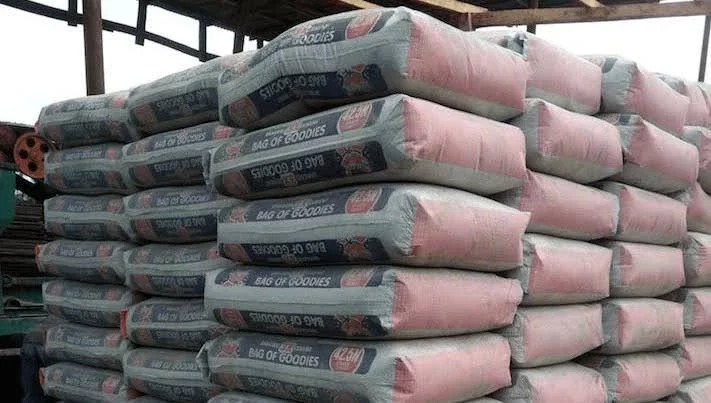
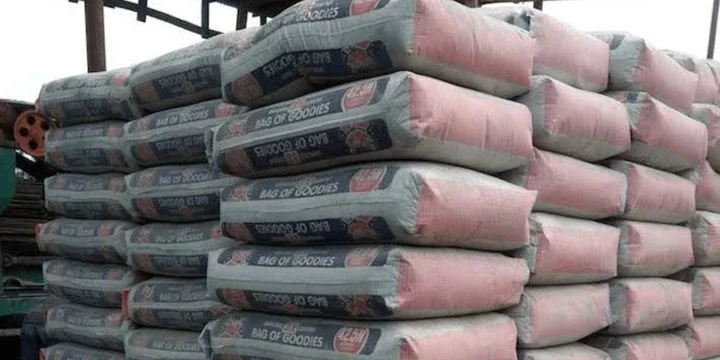
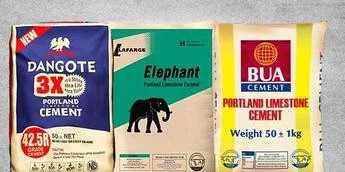
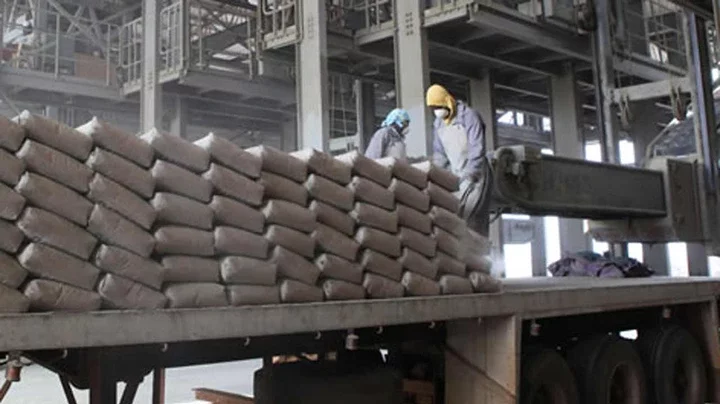





![Shameful !!! How This Popular American Model caught on camera scratching her ' Yans *h ' [See Photo ] Shameful !!! How This Popular American Model caught on camera scratching her ' Yans *h ' [See Photo ]](https://img.netnaija.com/hsi/aHR0cDovL3d3dy5uYWlqYWxvYWRlZC5jb20ubmcvd3AtY29udGVudC91cGxvYWRzLzIwMTcvMDUvbW9kZWwuanBn/images/model.jpg)




Comments